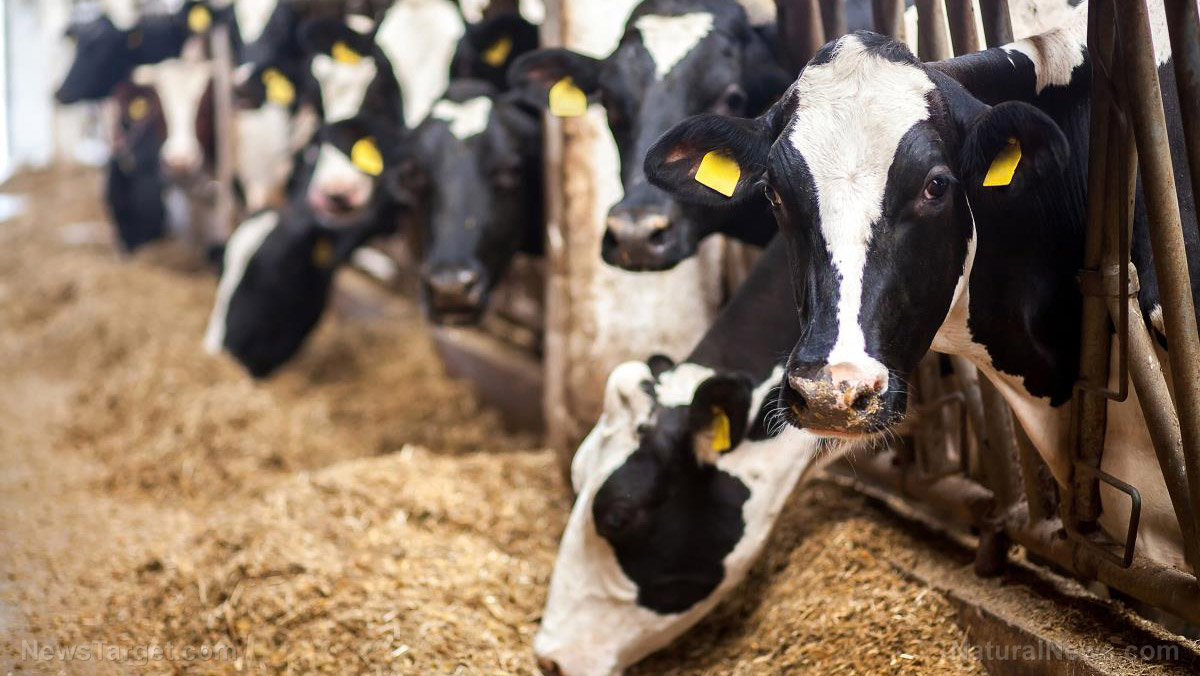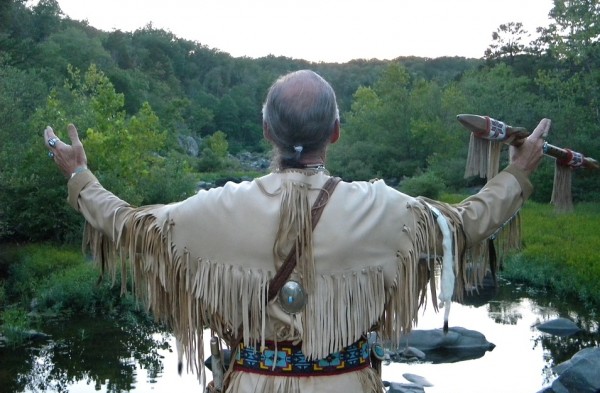
- Communities in Hungary adopted drought-resistant millet by 1500 BCE, marking Europe’s earliest known Bronze Age agriculture pivot.
- Gender-based inequalities in food vanished, signaling rising social fairness after centuries of hierarchy.
- Abandoned fortified cities for decentralized villages, reflecting political and social restructuring.
- The crop’s reliability under harsh conditions enabled populations to thrive amid environmental challenges.
- Isotope and dental analyses revealed dietary uniformity, reduced mobility and societal shifts previously hidden in artifacts alone.
Around 3,500 years ago, Central Europe underwent a silent revolution. Communities in what is now Hungary abandoned fortified cities, reshaped their diets and dissolved entrenched class barriers — all driven by the humble broomcorn millet. Research led by archaeologists Tamás Hajdu (Eötvös Loránd University) and Claudio Cavazzuti (University of Bologna) reveals how this drought-resistant grain became the linchpin of a societal transformation, reshaping Bronze Age life from the Carpathian Basin to modern historical understanding.
Published in Scientific Reports, the study analyzes 130 ancient bone, tooth and soil samples from the Tiszafüred-Majoroshalom archaeological site. It found that between 1540–1480 BCE, broomcorn millet replaced traditional staples like wheat and barley, becoming a survival linchpin during unstable climate conditions. “Millet’s high productivity and short growing season made it ideal for supporting growing populations in tough times,” says Hajdu, highlighting how its adoption marked one of Europe’s earliest documented agricultural pivots.
The shift wasn’t isolated. As millet took root, so did broader changes. Gender-based gaps in protein consumption — longer evident in men’s diets — closed, suggesting equal resource sharing. Settlements shifted from centralized “tell” mounds to dispersed villages, signaling a collapse of rigid hierarchies.
From fortresses to fairness: How eating habits redefined power
Before the Bronze Age shift, fortified cities like those in the Carpathian Basin symbolized social stratification. Elites controlled resources, reflected in diets rich in animal protein. But by 1500 BCE, nitrogen isotope analysis of skeletal remains revealed stark changes: less variation in protein access, especially between men and women.
“This dietary uniformity hints at reduced inequality,” adds co-author Claudio Cavazzuti. “Everyone ate similar foods, suggesting shared risks and benefits.” The findings challenge earlier assumptions that the Tumulus culture — a new Bronze Age era — was defined by herding elites. Instead, “they prioritized farming, relying on millet to sustain decentralized communities,” Cavazzuti notes.
Strontium isotope data also challenged mobility narratives. While earlier eras saw migrants from nearby highlands, the Late Bronze Age saw fewer outsiders. Over 75% of residents grew up locally, with newcomers hailing farther west — a sign a cultural shift emerged without mass migration.
Why this ancient shift matters in a modern world
As climate volatility intensifies today, the Bronze Age’s millet strategy offers lessons in adaptation. “Communities then used innovation to survive — beans or millet, it’s the same principle,” says bioarchaeologist Dr. Gaby Clark. Broomcorn millet’s drought resilience, rapid growth and nutritional density parallels today’s search for climate-hardy crops to address food security.
Additionally, the study underscores how environmental pressures can catalyze social change. A sudden move toward equality amid crisis may resonate in modern debates over equitable resource distribution, especially as climate migration and inequality grow.
“The Bronze Age shows human societies are flexible and adaptive, but those adaptations aren’t always gradual — they can happen rapidly when pushed,” Cavazzuti says. “That’s a legacy we’re still living with.”
The Bronze Age’s echo
The Tiszafüred-Majoroshalom site isn’t just a cemetery of bones and artifacts — it’s a blueprint for resilience. By embracing a new crop, families in 1500 BCE turned survival into progress. Their story, revealed through chemistry and ancient dental plaque, reminds us that societal transformations can emerge not from conflict, but from necessity: A humble grain sowed equality, dissolved ancient cities into villages and redefined what it meant to thrive.
As modern societies grapple with inequality, this millennia-old example whispers a timeless truth: Food and fairness are inextricable — a lesson as urgent today as it was three millennia ago.
Sources for this article include:
Please contact us for more information.






















